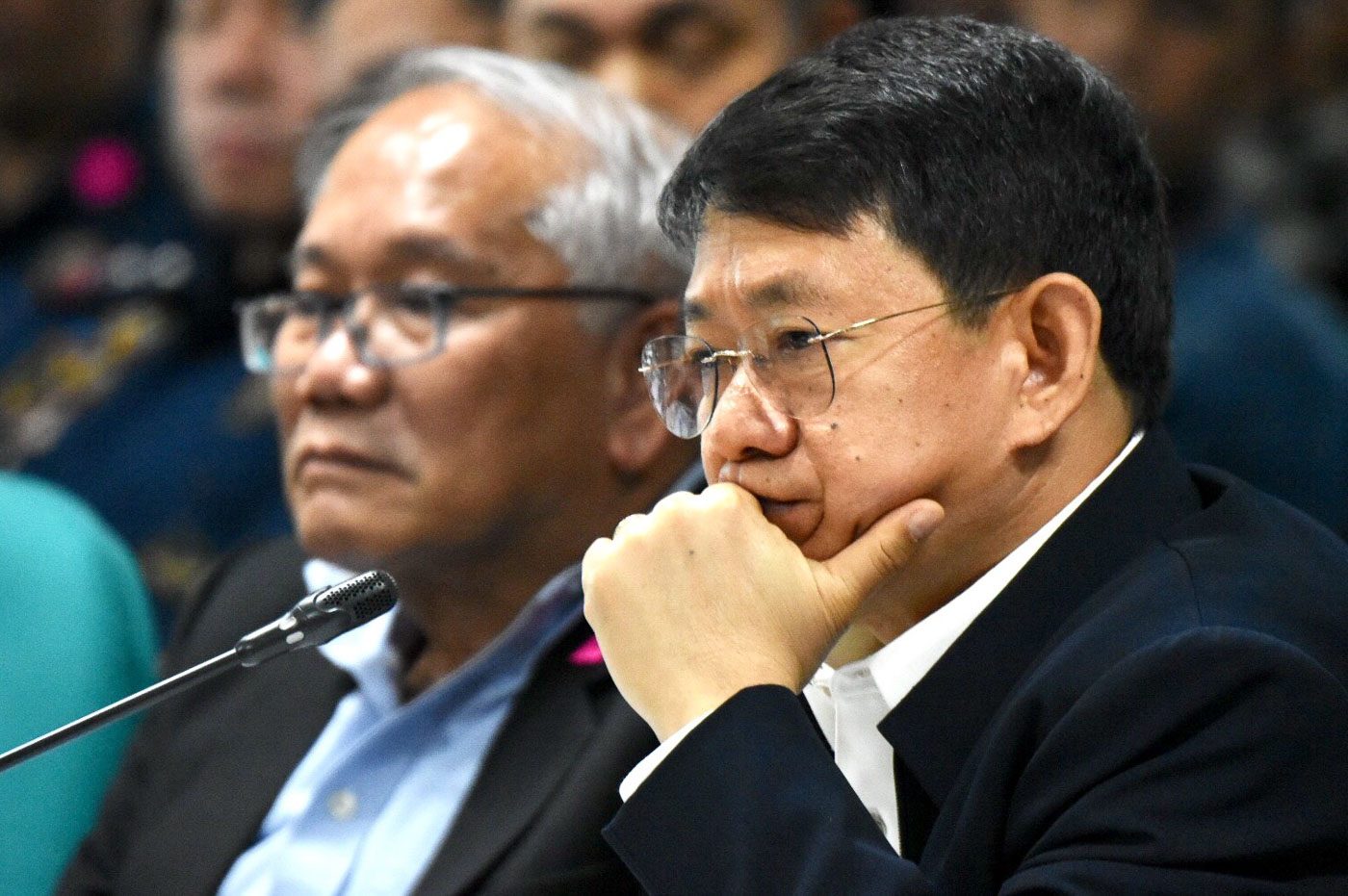SUMMARY
This is AI generated summarization, which may have errors. For context, always refer to the full article.

MANILA, Philippines – The Senate has sought to block the payment for the multibillion-peso China-funded surveillance system project of the Department of the Interior and Local Government (DILG).
The Senate’s version of the 2019 General Appropriations Bill included “block payment” provisions which named only one project: the “Safe Philippines Project,” a 12,000-camera surveillance system for the supposed “efficient management of public order, security and safety” in the country.
Senate President Pro-Tempore Ralph Recto, who questioned it during the budget deliberations, said the “vetting and approval” of the project had all the trademarks of a behest transaction, “lacking in studies, consultations, validation.”
“We have asked for documents from the lead appraisal authority, the NEDA (National Economic and Development Authority), and they cannot provide us any,” said Recto, a former NEDA chief.
“Manipis na, minadali pa (It’s not only flimsy, it was rushed too). Usually the documentation for a project of this size is voluminous. In this case, halos walang maibigay (they almost could not give us anything),” he said.
The two provisions in the Senate version of the proposed 2019 budget bill guide the release of funds for overseas development aid and other foreign-funded activities:
- Under the Unprogrammed Fund section of the national budget, it is stated that: “No amount appropriated herein shall be utilized for any project intended for public video surveillance and communication system with suppliers or service providers that are considered as serious risks to national security or interest or are involved in cases regarding information leakage, computer or network hacking, and other forms of cyber espionage, whether in the Philippines or in other countries.”
- The bill enumerates the specific foreign-assisted projects which may get funds from the 2019 budget. The Safe Philippines Project is not among the 13 projects listed.
Malacanang’s ‘alarming trend’ of bloating public debt
Recto said the executive’s “alarming trend of bloating the public debt” by agreeing to loans “must be slowed down” especially if it lacks transparency.
“Marami kasing salesmen at ahente ng foreign projects. So instead of asking funds through the appropriations route, uutangin na lang, tapos ang bayad ipapasa sa Kongreso at taxpayers bilang kasama sa debt service na automatically appropriated,” Recto said.
(There are many salesmen and agents of foreign projects. So instead of asking for funds through the appropriations route, they just fund it through loans, then they’ll pass the burden to pay to Congress and the taxpayers, since debt service is automatically appropriated)
Under the Duterte administration’s proposed 2019 budget, P7.42 billion of the total P20 billion project cost was included for the Safe Philippines Project. Recto questioned why the amount was already “parked” as early as July 2018 when the supply contract was approved a few months later in November.
Citing records, Recto added that the DILG was able to transmit the approved budget cost of the project to the Department of Finance only on September 20, 2018.
Under the contract, China International Telecommunication and Construction Corporation (CITCC) will undertake the P20-billion project while Huawei will supply the equipment.
CITCC is an affiliate of state-owned China Telecom, one of the firms in Mislatel Consortium soon to become the country’s third telecommunication player.
Recto, among the senators who earlier sounded the alarm over the project, has filed a resolution calling for a Senate investigation into the project, citing risks to national security. He cited several important things to consider about the project, especially in relation to Chinese laws that apply to its citizens and companies wherever they are, and Huawei’s track record.
The resolution was referred to the committee on national defense and security and to the foreign relations panel as the secondary committee. But since 2016 or under the Duterte administration which had cozied up to China, the Senate has yet to conduct any investigation into China deals, as well as the increasing Chinese militarization in the West Philippine Sea. (READ: About to adjourn, Senate yet to probe China deals, other controversial contracts) – Rappler.com
Add a comment
How does this make you feel?
There are no comments yet. Add your comment to start the conversation.